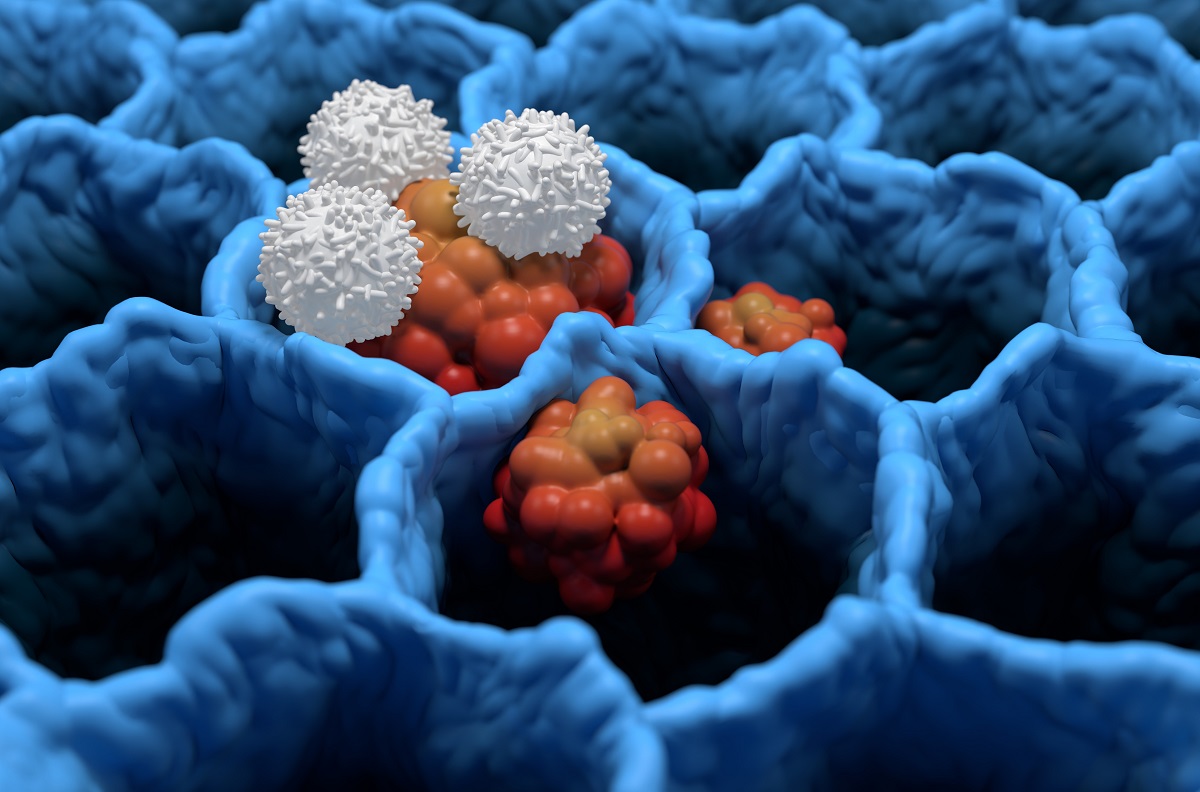KEY TAKEAWAYS
- The study aimed to investigate challenges of LBC specimens for NGS in lung adenocarcinoma.
- The study concluded that assessing tumor cellularity in LBC specimens is crucial for molecular testing in lung adenocarcinoma.
Xiaoyue Xiao and the team aimed to investigate the hurdles of liquid-based cytology (LBC) specimens for next-generation sequencing (NGS) in lung adenocarcinoma and assess targeted therapy efficacy.
The study retrospectively analyzed 357 cases of advanced lung adenocarcinoma using LBC specimens for NGS testing. Results were compared with those from histological specimens to assess consistency. The impact of tumor cellularity on NGS test outcomes was assessed, and data on the use of epidermal growth factor receptor-tyrosine kinase inhibitors (EGFR-TKIs) were collected. Clinical efficacy was evaluated, and survival curve analysis was conducted using the Kaplan-Meier method.
The results revealed 275 specimens from TKI-naive patients and 82 from TKI-treated individuals, with similar mutation rates in cancer-related genes (86.2% vs. 86.6%). The EGFR mutation rate was higher in the TKI-treated group (69.5%) than in the TKI-naive group (54.9%, P= 0.019).
In the TKI-treated group, specimens with < 20% tumor cellularity showed lower frequencies of EGFR sensitizing mutation and T790M resistance mutation compared to those with ≥ 20% tumor cellularity. Among 22 cases with matched histological specimens, 72.7% of LBC specimens were consistent with histological results. In the EGFR-mutant lung adenocarcinoma cohort, 88 out of 92 cases treated with EGFR-TKIs experienced progression, with a median progression-free survival (PFS) of 12.1 months.
The study concluded that in molecular testing of advanced lung adenocarcinoma using LBC specimens, thorough evaluation of tumor cellularity is recommended.
This study was supported by the Beijing Hope Run Special Fund of Cancer Foundation of China.
Source: https://pubmed.ncbi.nlm.nih.gov/38902688/
Xiao X, Sun Z, Liang S, et al. (2024). “Liquid-based cytology specimens for next-generation sequencing in lung adenocarcinoma: challenges and evaluation of targeted therapy.” BMC Cancer. 2024 Jun 20;24(1):749. doi: 10.1186/s12885-024-12520-2. PMID: 38902688.



